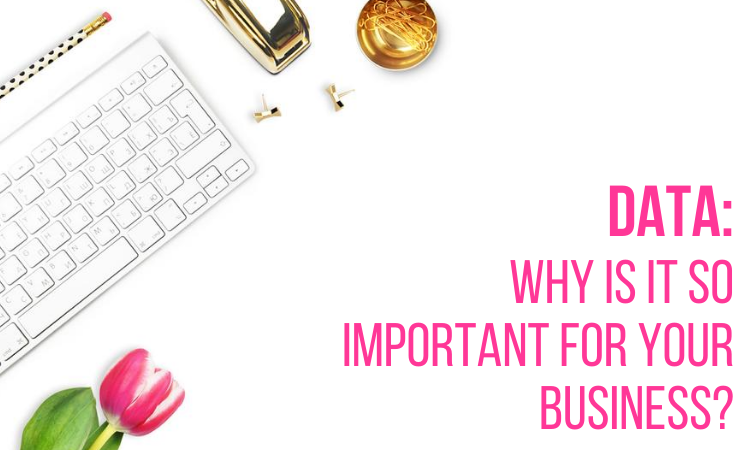When you first set up your own business, you’re bound to be exposed to elements of business operations that you’ve never had to deal with yourself. When you work for a company or are part of a team, everyone tends to have their own specialism, focusing on that to help keep their cog in the business model turning. You focus on your own cog and everything else falls together.
But when you run your own business, suddenly, you need to have a decent understanding of all of the different cogs. Now, some things are easier to get a grip of than others – largely because they’re fun to engage with. People tend to enjoy designing products. People tend to enjoy coming up with ad campaigns. People tend to even enjoy customer service. But data? That’s where many of us fall short. At the end of the day, this is an area you’re going to have to face, as data protection is a legal requirement. To help ease you into it, here are some of the basics!

This is a contributed post. Please refer to my disclosure for more information.
What Is Data?
Data is any piece of information. This sounds broad, but we’ll get further into it below. Data tends to include facts, figures, statistics and more.
What Data Does Your Business Take?
Now, if you’re making sales, your business is taking data. Every time someone signs up to your mailing list, they’re giving you data such as their name and email address. Every time someone makes a purchase, they’re giving you their name, billing address, shipping address, email address, phone number and payment details. As you can imagine, all of these sorts of information really can fall into the wrong hands with serious consequences for your business. You need to make sure that you only keep hold of data you need, then dispose of it when you no longer need it. If you do need to keep data long term, you need to make sure that it is saved safely and securely and backed up properly.
Managing Your Data
As we’ve briefly mentioned, there are data protection laws in place to protect your customers. So, you need to make sure you’re abiding by them. Not only does this make your business compliant with the law, but it also means that you can maintain your customers’ trust and your reputation. The best way to manage data is to use specialists like those at https://bis.lexisnexis.co.uk/nexis-daas. They’re data specialists and will be able to ensure that everything is ordered on your behalf.
Training Staff
Of course, as your business grows, you’re likely to take on staff. If you do, it’s important that they’re fully trained in data protection too. This will ensure that they know the ins and outs of what they can use, what they can share, what they can get rid of and what they can’t.
Sure, this may seem like a lot to take in. But managing your data properly isn’t optional. It’s a necessity. Hopefully, some of the above guidelines can help you to achieve this without any bumps in the road!
What To Read Next
Using Your Facebook Page To Promote Your Product? Here’s Why You Might Be Losing Business



